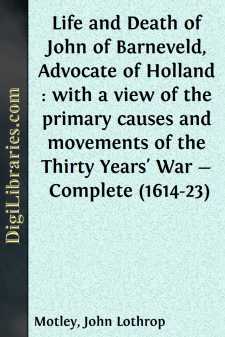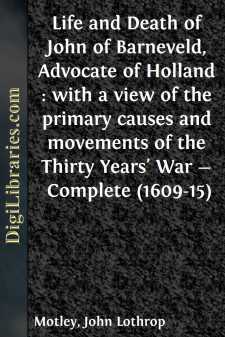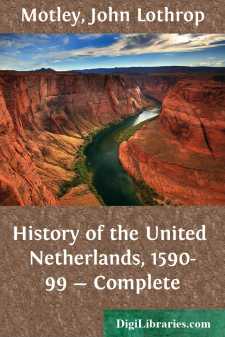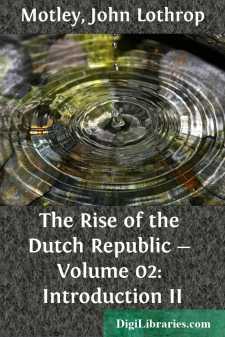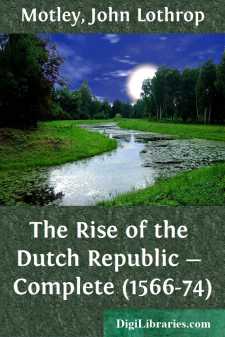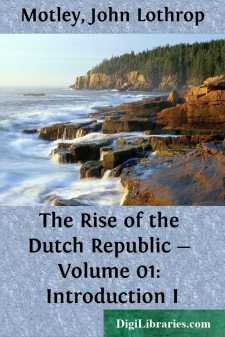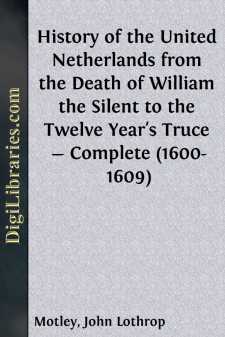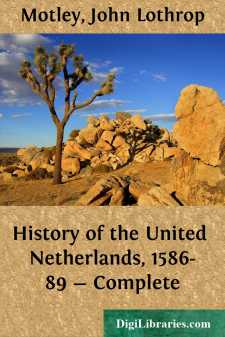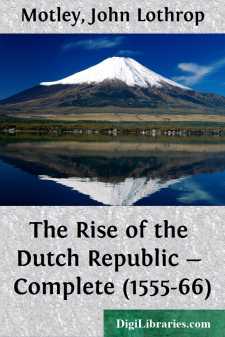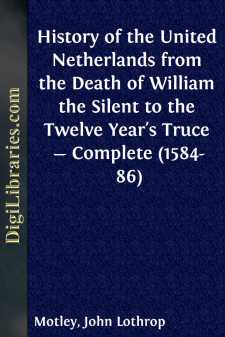Categories
- Antiques & Collectibles 13
- Architecture 36
- Art 48
- Bibles 22
- Biography & Autobiography 813
- Body, Mind & Spirit 142
- Business & Economics 28
- Children's Books 16
- Children's Fiction 13
- Computers 4
- Cooking 94
- Crafts & Hobbies 4
- Drama 346
- Education 46
- Family & Relationships 57
- Fiction 11829
- Games 19
- Gardening 17
- Health & Fitness 34
- History 1377
- House & Home 1
- Humor 147
- Juvenile Fiction 1873
- Juvenile Nonfiction 202
- Language Arts & Disciplines 88
- Law 16
- Literary Collections 686
- Literary Criticism 179
- Mathematics 13
- Medical 41
- Music 40
- Nature 179
- Non-Classifiable 1768
- Performing Arts 7
- Periodicals 1453
- Philosophy 64
- Photography 2
- Poetry 896
- Political Science 203
- Psychology 42
- Reference 154
- Religion 513
- Science 126
- Self-Help 84
- Social Science 81
- Sports & Recreation 34
- Study Aids 3
- Technology & Engineering 59
- Transportation 23
- Travel 463
- True Crime 29
John Lothrop Motley
John Lothrop Motley was a distinguished American historian and diplomat, best known for his comprehensive works on the Dutch Republic's history, including "The Rise of the Dutch Republic" and "The History of the United Netherlands." Born on April 15, 1814, in Boston, Massachusetts, Motley played a significant role in shaping American historical scholarship during the 19th century. Additionally, he served as the United States Minister to Austria and later to the United Kingdom, contributing to his prominence in both historical writing and diplomacy.
Author's Books:
Sort by:
I have thus purposely sketched the leading features of a couple of momentous, although not eventful, years—so far as the foreign policy of the Republic is concerned—in order that the reader may better understand the bearings and the value of the Advocate's actions and writings at that period. This work aims at being a political study. I would attempt to exemplify the influence of individual...
more...
These volumes make a separate work in themselves. They form also the natural sequel to the other histories already published by the Author, as well as the necessary introduction to that concluding portion of his labours which he has always desired to lay before the public; a History of the Thirty Years' War. For the two great wars which successively established the independence of Holland and the...
more...
The dagger of Jacques Clement had done much, and was likely to do more, to change the face of Europe. Another proof was afforded that assassination had become a regular and recognised factor in the political problems of the sixteenth century. Another illustration was exhibited of the importance of the individual—even although that individual was in himself utterly despicable—to the working out of...
more...
Five centuries of isolation succeed. In the Netherlands, as throughout Europe, a thousand obscure and slender rills are slowly preparing the great stream of universal culture. Five dismal centuries of feudalism: during which period there is little talk of human right, little obedience to divine reason. Rights there are none, only forces; and, in brief, three great forces, gradually arising, developing...
more...
Egmont in Flanders, Orange at Antwerp, Horn at Tournay; Hoogstraaten at Mechlin, were exerting themselves to suppress insurrection and to avert ruin. What, meanwhile, was the policy of the government? The secret course pursued both at Brussels and at Madrid may be condensed into the usual formula—dissimulation, procrastination, and again dissimulation. It is at this point necessary to take a rapid...
more...
PREFACE The rise of the Dutch Republic must ever be regarded as one of the leading events of modern times. Without the birth of this great commonwealth, the various historical phenomena of: the sixteenth and following centuries must have either not existed; or have presented themselves under essential modifications.—Itself an organized protest against ecclesiastical tyranny and universal empire, the...
more...
The effect produced in the republic by the defensive and uneventful campaigning of the year 1599 had naturally been depressing. There was murmuring at the vast amount of taxation, especially at the new imposition of one-half per cent. upon all property, and two-and-a-half per cent. on all sales, which seemed to produce so few results. The successful protection of the Isle of Bommel and the judicious...
more...
Five great rivers hold the Netherland territory in their coils. Three are but slightly separated—the Yssel, Waal, and ancient Rhine, while the Scheldt and, Meuse are spread more widely asunder. Along each of these streams were various fortified cities, the possession of which, in those days, when modern fortification was in its infancy, implied the control of the surrounding country. The lower part...
more...
PREFACE The rise of the Dutch Republic must ever be regarded as one of the leading events of modern times. Without the birth of this great commonwealth, the various historical phenomena of: the sixteenth and following centuries must have either not existed; or have presented themselves under essential modifications.—Itself an organized protest against ecclesiastical tyranny and universal empire, the...
more...
PREFACE. The indulgence with which the History of the Rise of the Dutch Republic was received has encouraged me to prosecute my task with renewed industry. A single word seems necessary to explain the somewhat increased proportions which the present work has assumed over the original design. The intimate connection which was formed between the Kingdom of England and the Republic of Holland, immediately...
more...


